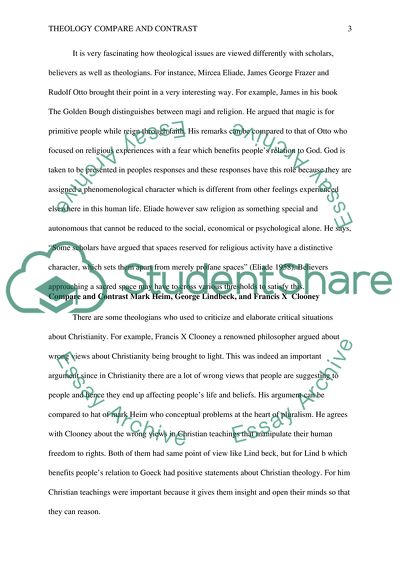Cite this document
(“Compare and contrast Research Paper Example | Topics and Well Written Essays - 1250 words - 2”, n.d.)
Retrieved from https://studentshare.org/religion-and-theology/1671971-compare-and-contrast
Retrieved from https://studentshare.org/religion-and-theology/1671971-compare-and-contrast
(Compare and Contrast Research Paper Example | Topics and Well Written Essays - 1250 Words - 2)
https://studentshare.org/religion-and-theology/1671971-compare-and-contrast.
https://studentshare.org/religion-and-theology/1671971-compare-and-contrast.
“Compare and Contrast Research Paper Example | Topics and Well Written Essays - 1250 Words - 2”, n.d. https://studentshare.org/religion-and-theology/1671971-compare-and-contrast.


